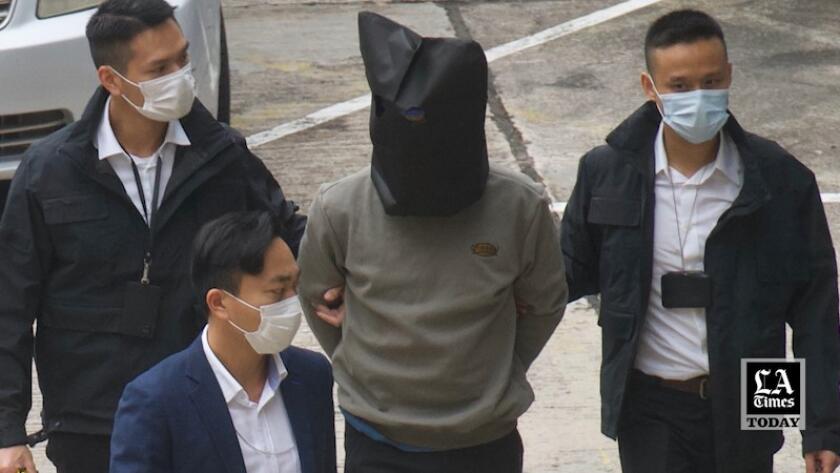They helped Chinese women, workers, the forgotten and dying. Then they disappeared
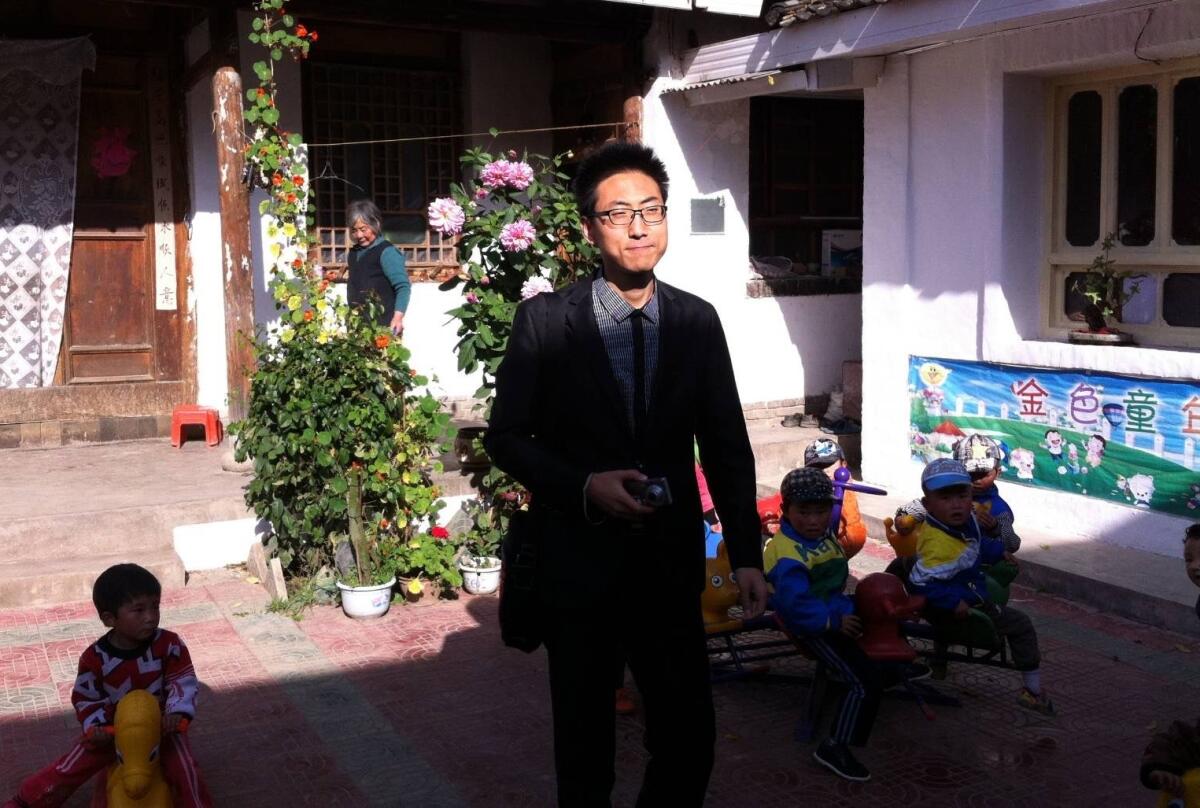
- Share via
BEIJING — Wang Jianbing visited dying construction workers. Sophia Huang Xueqin investigated China’s earliest #MeToo cases. Fang Ran wanted to empower factory workers in the south.
This year, all three disappeared.
The recent censorship of Peng Shuai, a tennis player who was erased from the Chinese internet after accusing a former party leader of sexual abuse, has drawn a global outcry of concern for her safety and freedom. But lesser-known individuals such as Wang, Huang and Fang have been vanishing as China tightens restrictions for activism on gender, labor and other issues.
The three activists were held in a form of secret detention called “residential surveillance at a designated location,” or RSDL, which allows the state to lock up people in “black jails” without trial. The human rights group Safeguard Defenders estimates that 45,000 to 55,000 people have been subjected to RSDL since Xi Jinping became president in 2013, including as many as 15,000 in 2020 alone.
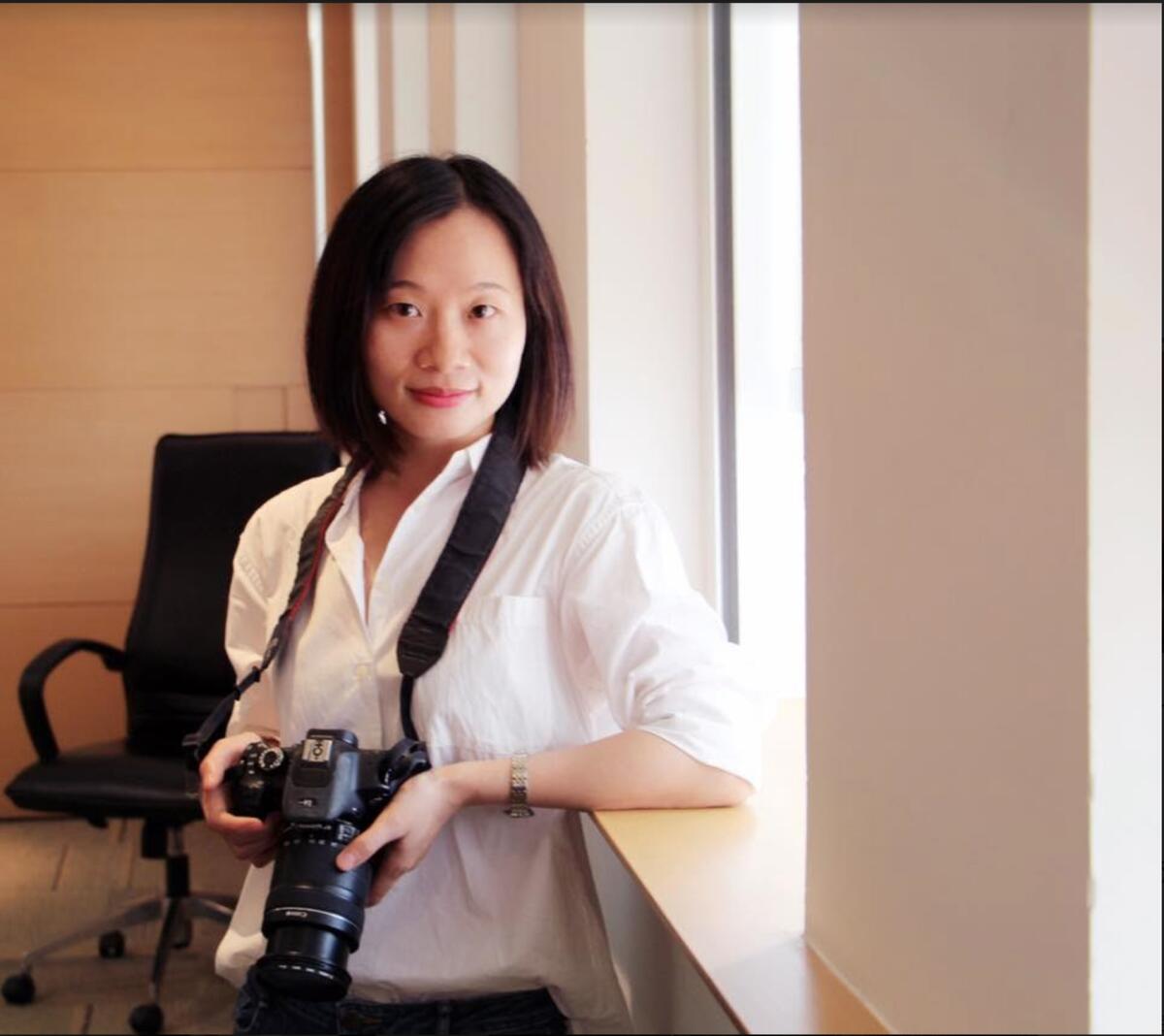
Wang and Huang were later moved to formal detention in Guangzhou on charges of “inciting subversion of state power,” according to their families and friends. Fang’s whereabouts remain unknown.
Many RSDL detainees are accused of endangering national security. Human rights lawyers, political dissidents, petitioners and members of religious or ethnic minorities have been common targets. Women’s and workers’ rights were once considered safer issues for social activists to pursue without crossing political lines. But that has changed as the Communist Party moves to silence any citizen it deems a “stability” threat.
President Xi considers civil society a “Western” phenomenon that challenges party authority. He has criminalized and decimated civil society with waves of arrests, starting with a mass roundup of lawyers and rights activists in 2015. Nowadays, security services tend to go after individuals one by one, perhaps knowing it attracts less attention.
“They finished with the high-profiles and now they go for the low-profiles,” said Rio, 35, a labor activist and friend of Wang’s who asked to use only his English name for protection.
Under Xi’s leadership, the Communist Party is also trying to transform its own system. Disciplinary purges have targeted thousands of cadres and officials for disloyalty or corruption. A party remake of Chinese society is also underway, with billionaires and celebrities pressured to renounce selfish, shallow or foreign-influenced behavior and to vow to serve the party better.
Fang was the first of the three activists to vanish. The 26-year-old was studying for a PhD in sociology at the University of Hong Kong, writing a thesis on labor empowerment in mainland China. He was also a Communist Party member, according to his father, Fang Jianzhong, who reportedly wrote a WeChat post begging for help for his son that was shared widely before it was censored.
“Fang Ran is absolutely not a criminal faction that would harm party affairs, but an ambitious youth whose work benefits our party,” the father wrote. He said state security services had taken his son into RSDL for “subverting state power.”
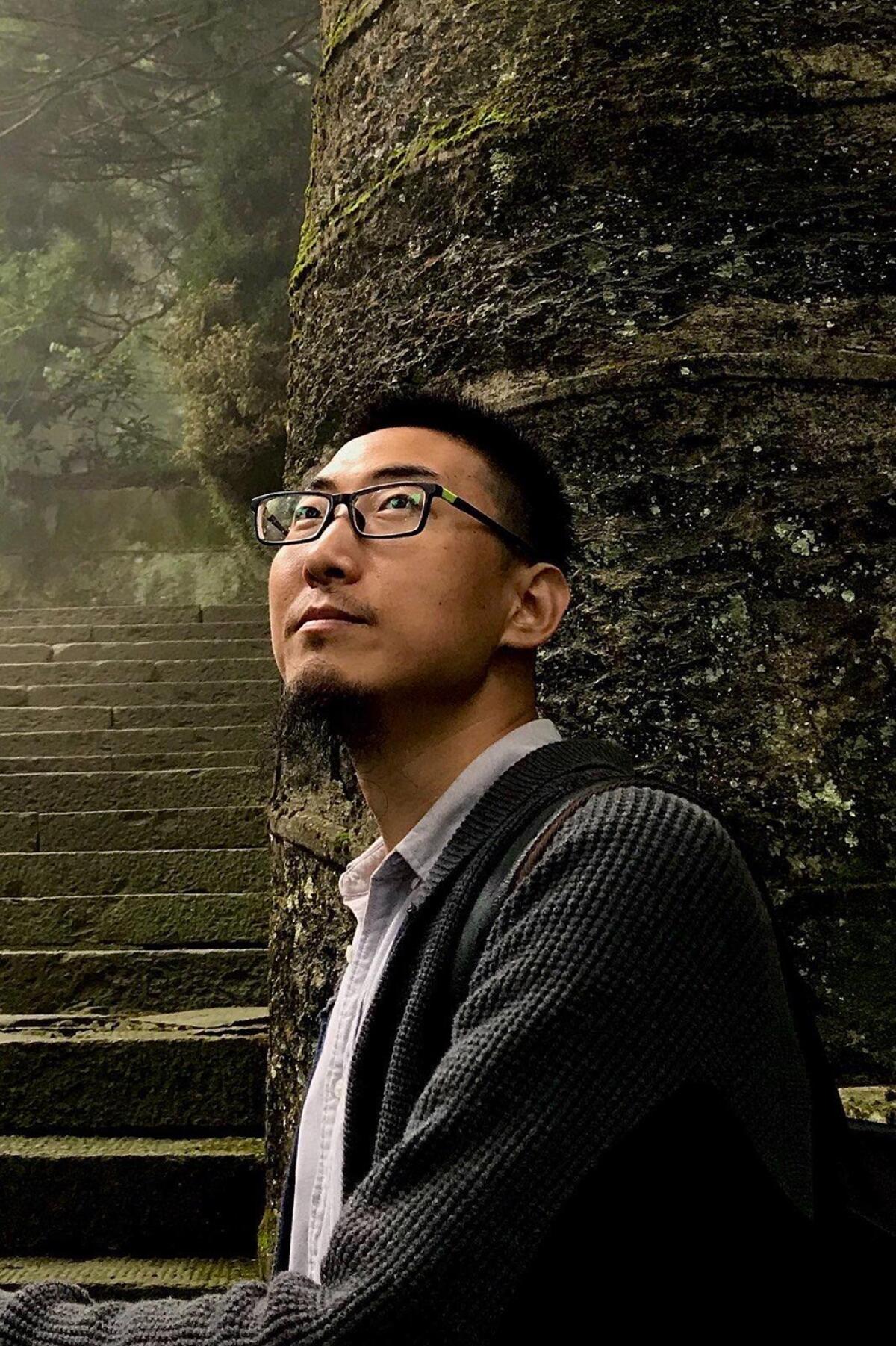
The Times viewed the post but was unable to reach the father for confirmation, although friends of Fang said it was authentic. The Nanning state security department, which had taken Fang away, according to his father, did not immediately respond to a request for comment. The Nanning public security bureau could not be reached.
Abner Law, a university friend, said Fang had a “simple sense of justice in society.” Fang frequently posted on WeChat about issues such as workers’ rights, sexual harassment or displacement of migrants. He roamed the factory towns of southern China, immersing himself in workers’ lives and supporting them when they tried to strike or seek compensation for work injuries.
“He is someone who really seeks truth,” said Law, 22. “Even though he was doing labor studies, he would not be very strict or dogmatic about any ideology, like Marx or whatever.... He is really passionate about helping people.”
Fang had been asked multiple times to “drink tea” — a euphemism for being threatened by security services — for his activism, Law said. But he was undeterred. In February, he gave an online talk about the labor movement that grew under South Korea’s authoritarian regime in the 1970s.
In August he was back in mainland China for academic fieldwork. State security agents asked him to come in for another “tea” late that month. Fang has not been heard from since, though a relative who asked to remain anonymous for protection said Fang was receiving “education” and should be out “soon.”
Not long after Fang vanished, Wang and Huang disappeared on Sept. 19, en route to the airport. An independent journalist and #MeToo activist, Huang had received a prestigious Chevening scholarship to the University of Sussex in England to study gender, violence and conflict issues.
Wang, 38, a labor activist who often hosted gatherings of like-minded young people in his home, was sending her off. Then they both stopped answering their phones. Within a day, police had visited Wang’s family in northwestern China’s Gansu province and warned them to keep quiet, according to friends. In Guangzhou, police searched the homes of Wang and Huang and logged on to Wang’s Facebook account.
Authorities stonewalled Wang’s parents’ requests for information and rejected the lawyer they hired. Police interrogated more than 40 of Wang’s and Huang’s friends, some for 24 hours straight. Police also searched their homes and copied files on their electronic devices.
Many of those questioned had been photographed by surveillance cameras around Wang’s home. Police pressured them to sign false confessions that Wang and Huang were holding antigovernment meetings, the friends said.
That notion was absurd, said Rio, Wang’s friend. He said he and other young people met at Wang’s every week because they were “politically depressed.” Most of the time, they drank tea, ate fruit and shared personal stories. Sometimes they played mah-jongg or went hiking.
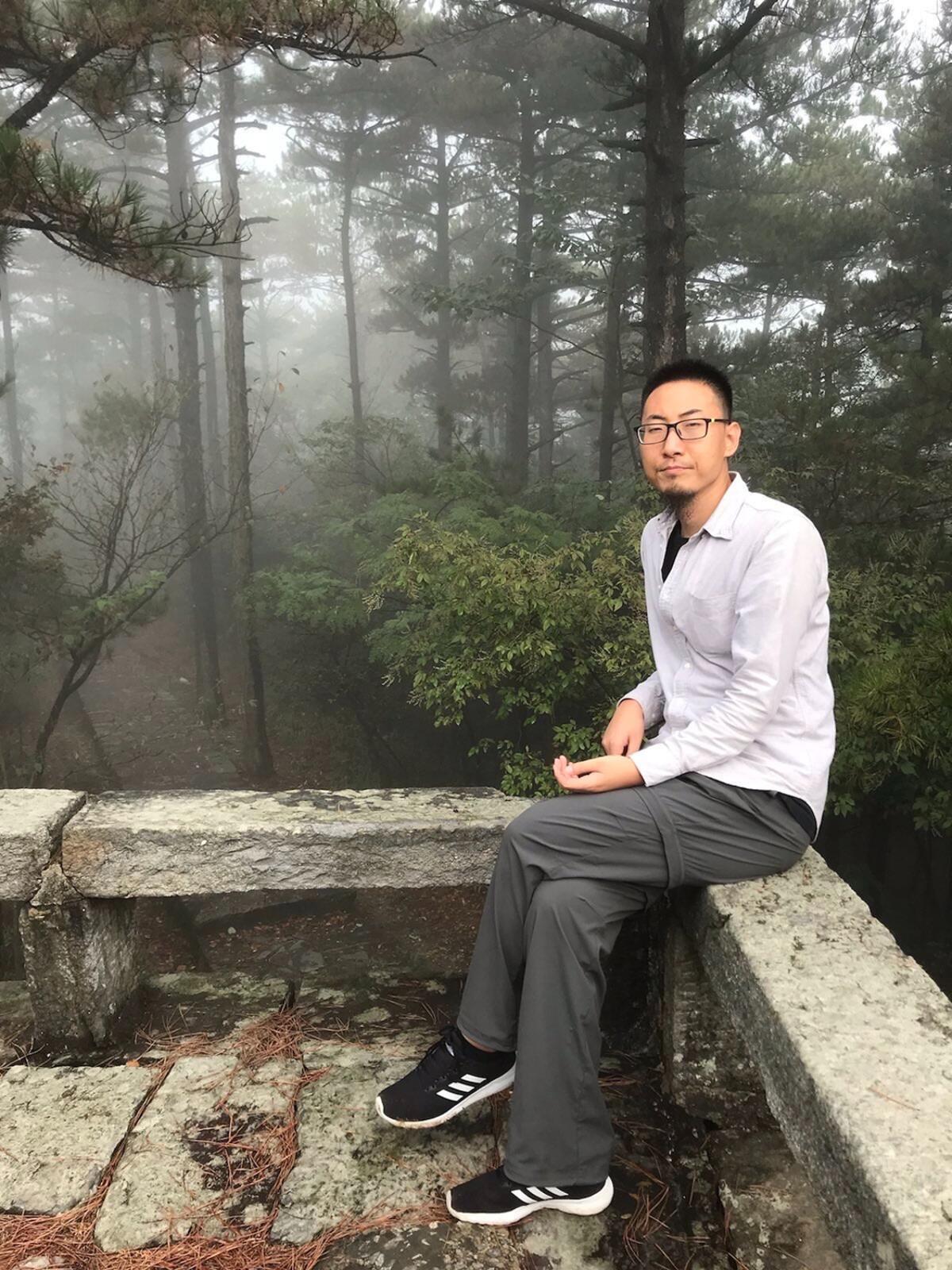
“The idea that you can subvert state authority just by gathering at home is unimaginable,” Rio said. “We are all very realistic. We have never been so confident to think we can actually change this society’s structure. All we want in this era, in this time when everyone is very repressed, is to live with a little more dignity … and have friends to accompany us.”
Wang was dedicated to helping construction workers dying of silicosis, or occupational lung disease. They were among China’s most overlooked groups. Most were poor and already doomed. Local governments often harassed anyone who advocated for them. Wang had no money or political influence. But he helped the workers for years, often visiting them so they would feel less alone in their dying days.
“He cared about listening to others,” said Rio. “He respected every person and believed that every person has dignity.”
On Nov. 5, more than a month after Wang’s disappearance, his family received notice that he’d been formally arrested on Oct. 27 for the crime of “inciting subversion of state authority.” Huang’s family received similar notice in late October.
Asked about Wang and Huang, the Guangzhou public security bureau said it could not comment on individual cases. Officials said The Times could call a detention center to inquire about individuals. Multiple calls by The Times to the Guangzhou No. 1 Detention Center, where Wang and Huang are reportedly being held, went unanswered.
Huang, 33, had been detained before. In 2019, police stopped her from going to Hong Kong to pursue a master’s degree in law. She was confined in RSDL for three months because she’d written online about the Hong Kong pro-democracy protests. She remained under surveillance — a special camera was installed in her apartment stairwell — for a year after her release.
She held placards up to the camera protesting illegal surveillance. She sang “Do You Hear the People Sing” in front of it. She requested information on how much public money was spent on such monitoring. One day, as Huang went to read a protest poem in front of the camera, she discovered it was gone. She wrote about the experience online with a hashtag: #ResistanceWorks.
Huang also wrote about the pressures facing other women’s rights and labor activists, including an award-winning profile of Li Qiaochu, 30, who had spent four months in RSDL for “inciting subversion of state power.” Li was released in June 2020 but arrested again in February after she spoke online about the poor treatment of her partner, civil rights activist Xu Zhiyong, in detention.
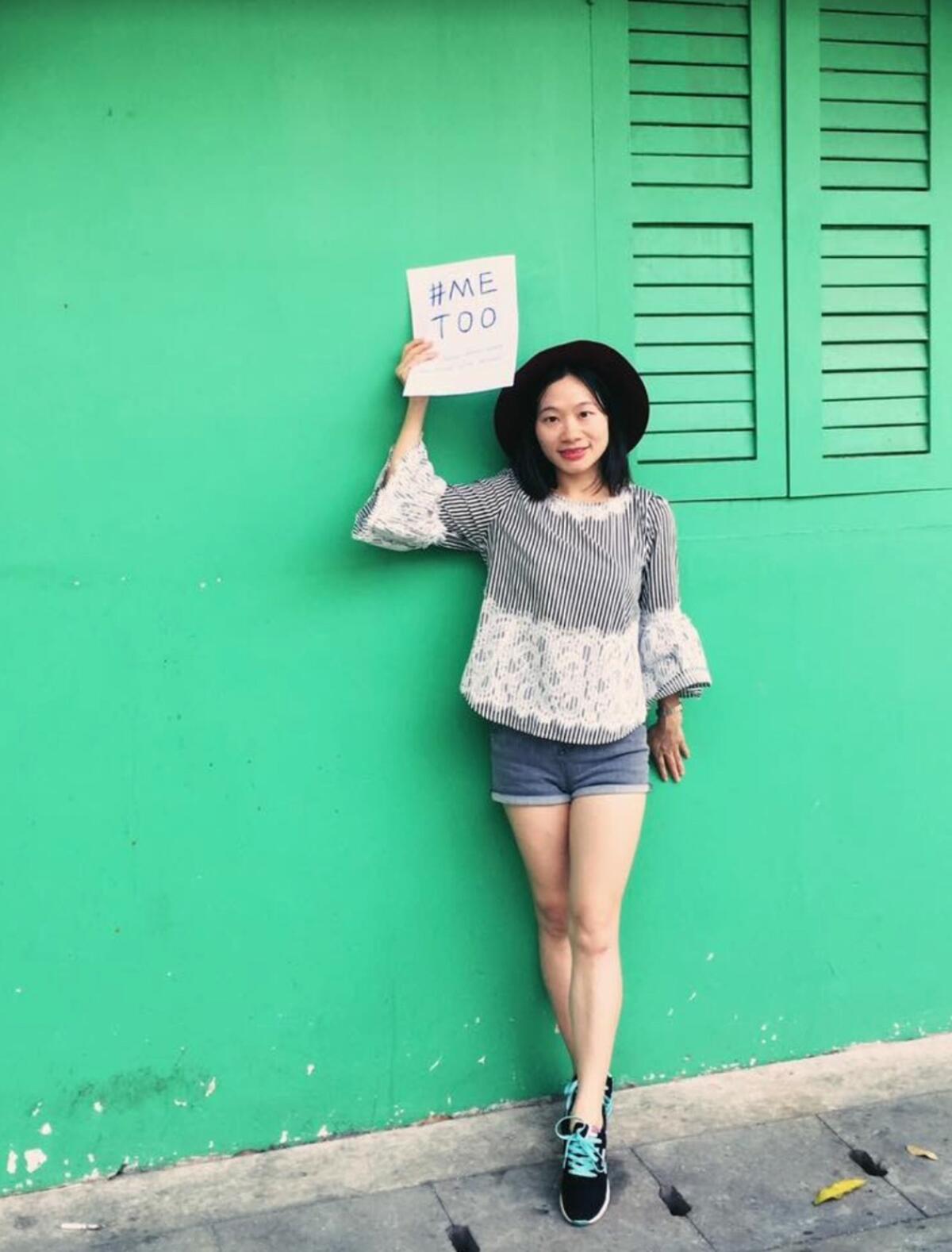
“That feeling of humiliation followed me for a long time,” Li later wrote of her time in custody, during which guards had forced her to read and criticize dozens of Xu’s articles. “It’s as if I wanted to commit suicide by biting off my tongue, but failed — and then still had to sing songs of praise with the remaining stump.”
Huang’s passport was returned to her this year. Her friends took that as a sign that police would not interfere when she and Wang went to the airport. They were wrong.
“I feel so much helplessness,” Rio said. “They need help, but I can only blindly worry…. You can only wait and see when they will be convicted and how long they will be jailed. You face all the things this government does, its secret actions, and you are powerless.”
The only thing that helped stave off that fearful feeling in the past was gathering with trusted friends, Rio said — being together, laughing, feeling for some time that you could be understood and not alone. But even that was now dangerous.
- Share via
Watch L.A. Times Today at 7 p.m. on Spectrum News 1 on Channel 1 or live stream on the Spectrum News App. Palos Verdes Peninsula and Orange County viewers can watch on Cox Systems on channel 99.
More to Read
Sign up for Essential California
The most important California stories and recommendations in your inbox every morning.
You may occasionally receive promotional content from the Los Angeles Times.
